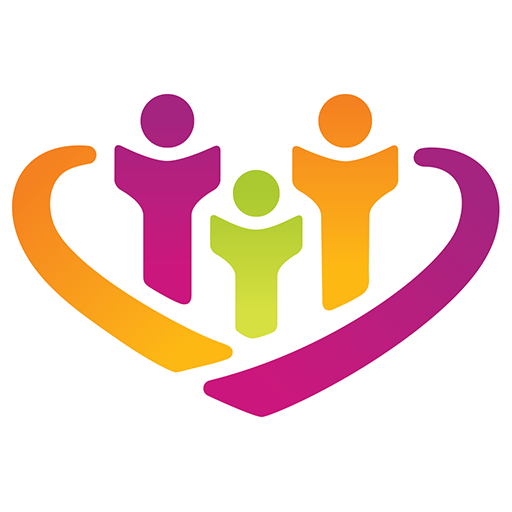CLAS Standards
MHS is committed to the ongoing pursuit of health equity and cultural responsibility, coupled with local and national best-practice models and innovations. This starts with our quality and health equity-driven organizational culture; embedding health equity, including Culturally and Linguistically Appropriate Services (CLAS) standards, in our policies, practices, and operations at all levels; and ensuring health equity activities are informed by the people and communities we serve.
CLAS is a set of 15 standards set forth by the U.S. Department of Health and Human Services, Office of Minority Health. CLAS is a way to improve the quality of services provided to all individuals, which will ultimately help reduce health disparities and achieve health equity. CLAS services are respectful of and responsive to each person’s culture and communication needs. CLAS helps you take into account:
- Cultural health beliefs
- Preferred languages
- Health literacy levels
- Communication needs
Health inequities in our nation are well documented. Providing CLAS is one strategy to help eliminate health inequities. By respecting an individual's culture and language preferences in the services provided, health professionals can support positive health outcomes among diverse populations.
What can you do?
- Continuous learning: One way to support the delivery of CLAS in your practice is to engage in continuous learning about cultures, traditions, and people that are different than you. This practice develops cultural humility. You can begin with one of the training resources listed in the additional resources section.
- Support members searching for providers by updating your race, ethnicity, and the languages spoken in your office on your provider profile.
- Making sure members access interpretation services provided by MHS free of charge. To schedule, contact MHS Provider Services at 1-877-647-4848.
MHS Resources:
- MHS Provides Free Services for Provider Offices’ Use: MHS is committed to ensuring the linguistic needs and cultural differences of our members are met and provides an array of services through internal sources and external partnerships.
- Access to individuals who are trained, professional interpreters. MHS offers face-to-face or telephonic interpreter services that may be arranged through Member Services. MHS requests a five-day prior notification for face-to-face services. This includes interpretation for spoken languages as well as for hearing impairment.
- Over-the-phone interpreter services are available 24/7, in approximately 150 languages, to assist providers and members in communicating with each other when there are no other translators available for the language. In addition, TTY access is available to members who are hearing-impaired. To schedule contact MHS Provider Services at 1-877-647-4848.
- The free MHS 24hr Nurse Advice Line at 1-877-647-4848 can assist members with medical questions and triage care.
Supportive Documents:
- Cultural Humble Communications: This document can help you support your patients in understanding their health and healthcare.
- Language Tips: This document offers language tips for inclusive and culturally humble communications.
- CLAS Communications Toolkit: This document offers a comprehensive toolkit to support implementing CLAS operations across your practice, including self-assessments, tools, and techniques for improvement efforts.
Additional resources:
National Standards for Culturally and Linguistically Appropriate Services (CLAS) in Health and Health Care
This free, accredited e-learning program is designed for maternal health care providers and students seeking knowledge and skills related to cultural competency, cultural humility, person-centered care, and combating implicit bias across the continuum of maternal health care.
- Clear Communication: Cultural Competency information from the National Institutes of Health (NIH)
- Defines Cultural Respect
- Defines how to promote Cultural Respect
- How Cultural Respect Can make a difference
- National CLAS Standards
- Cultural and Linguistic Competency e-Learning Program from the Office of Minority Health (OMH)
Free, accredited online educational programs tailored for a variety of health care professionals. Each e-learning program is designed to build knowledge, skills, and awareness of cultural and linguistic competency and CLAS as a way to improve quality of care.
Learn how to improve your quality of care by understanding, respecting, and responding to a patient’s experiences, values, and beliefs.
The resources on this page explain literacy and numeracy, describe how they’re measured, and provide literacy and numeracy data. You’ll also find links to resources that discuss literacy policies and practices, and ideas about how to promote literacy and numeracy.

